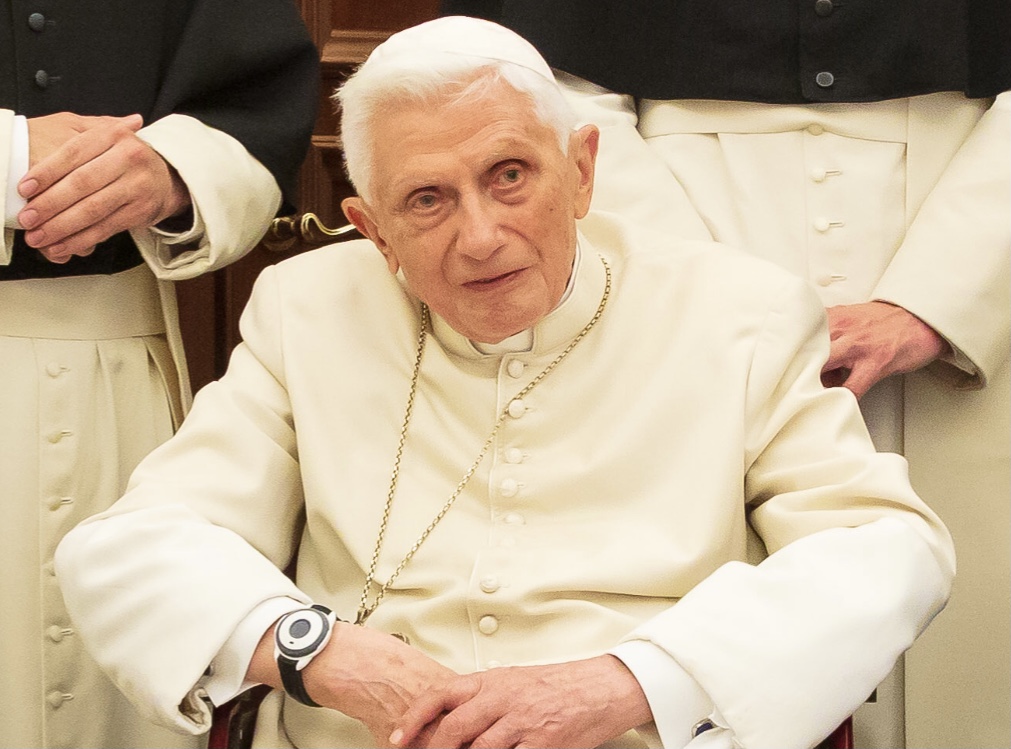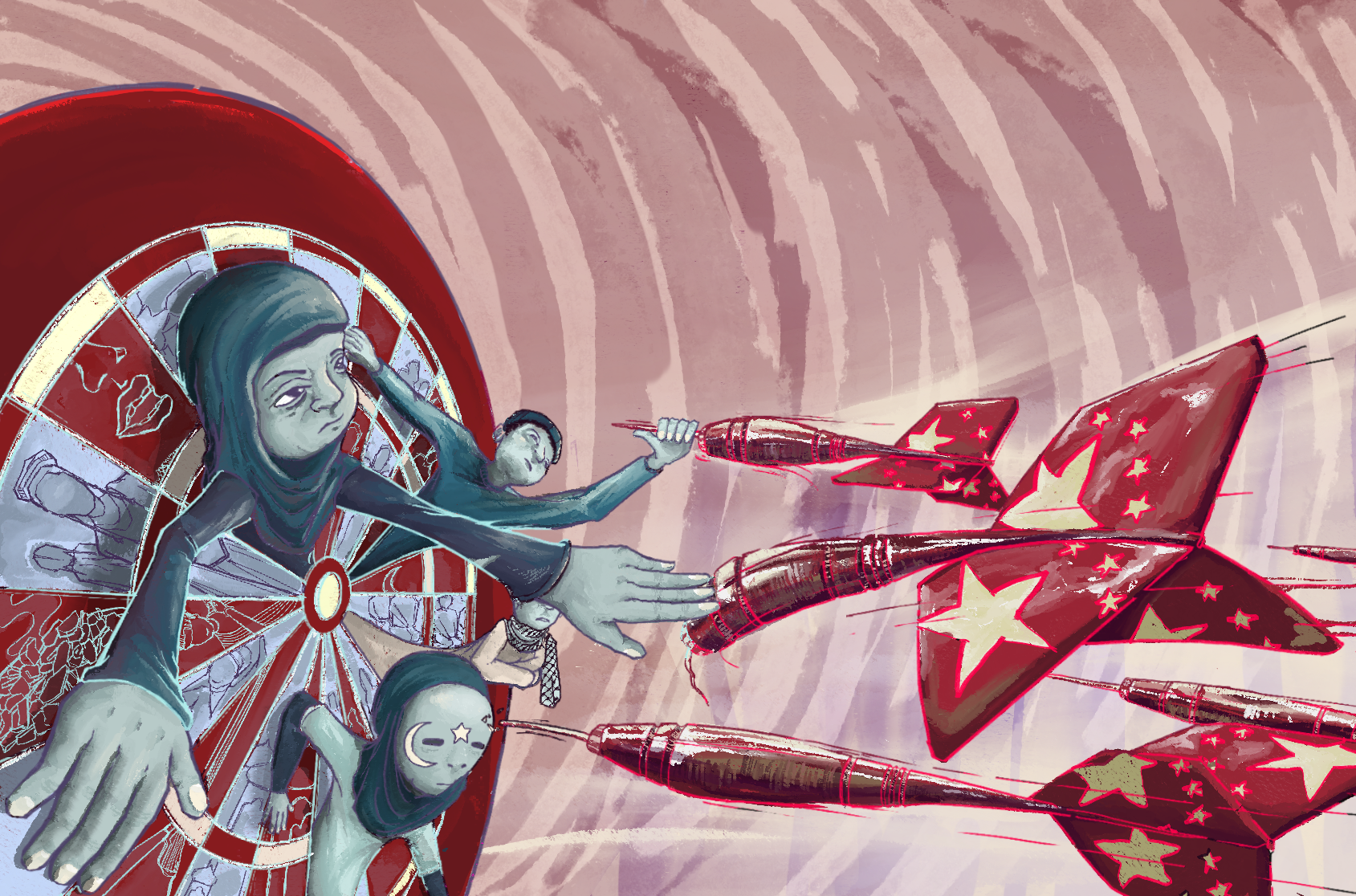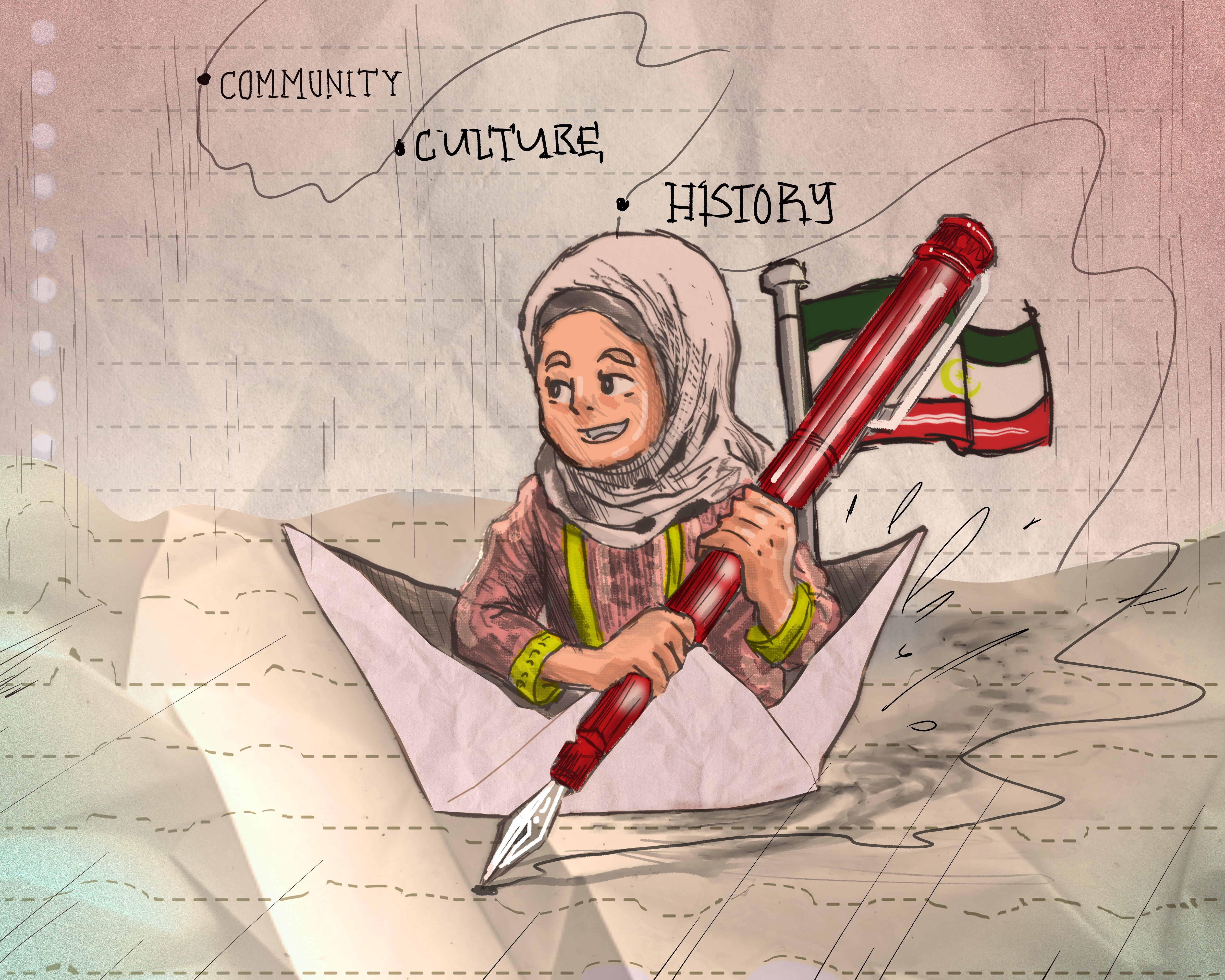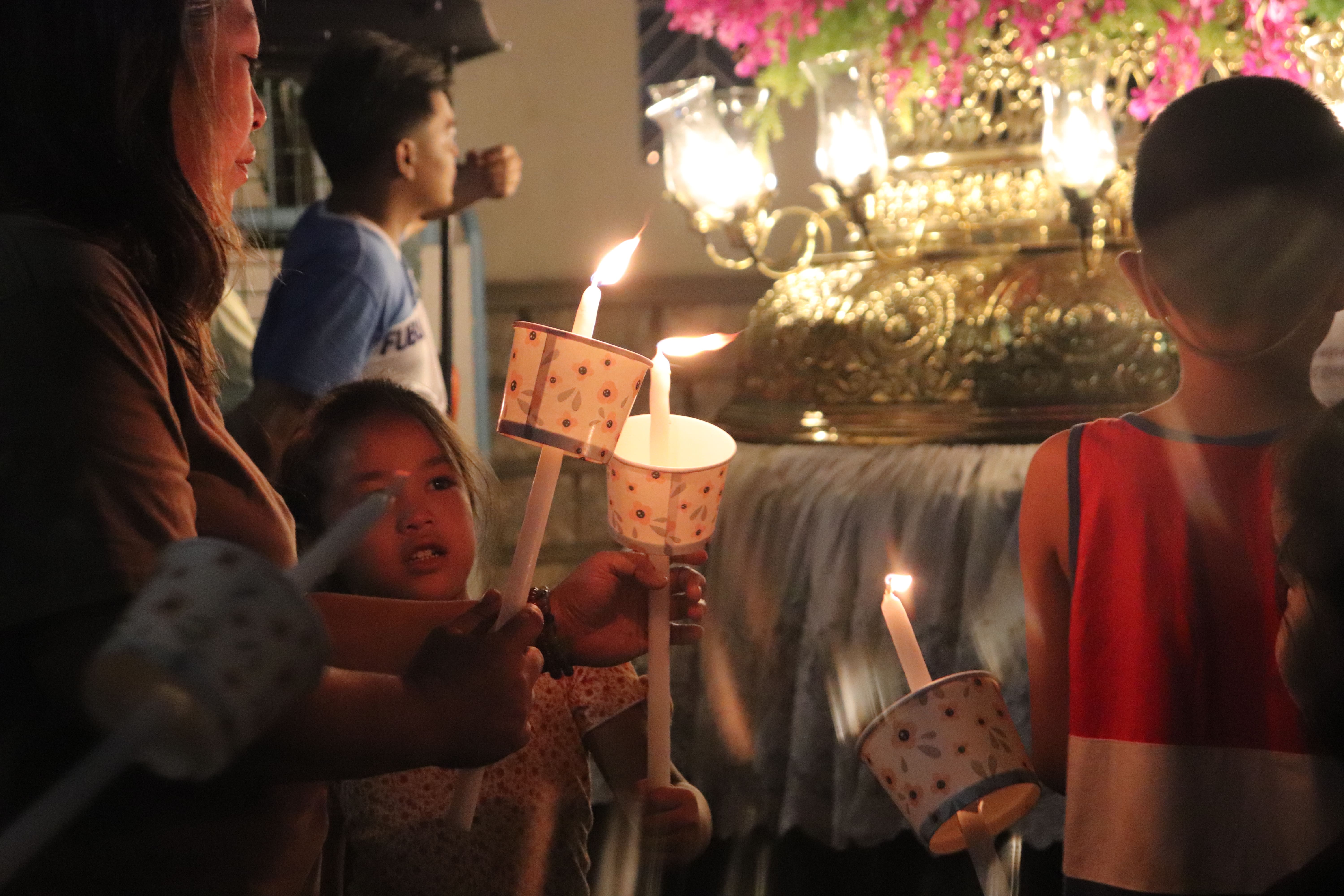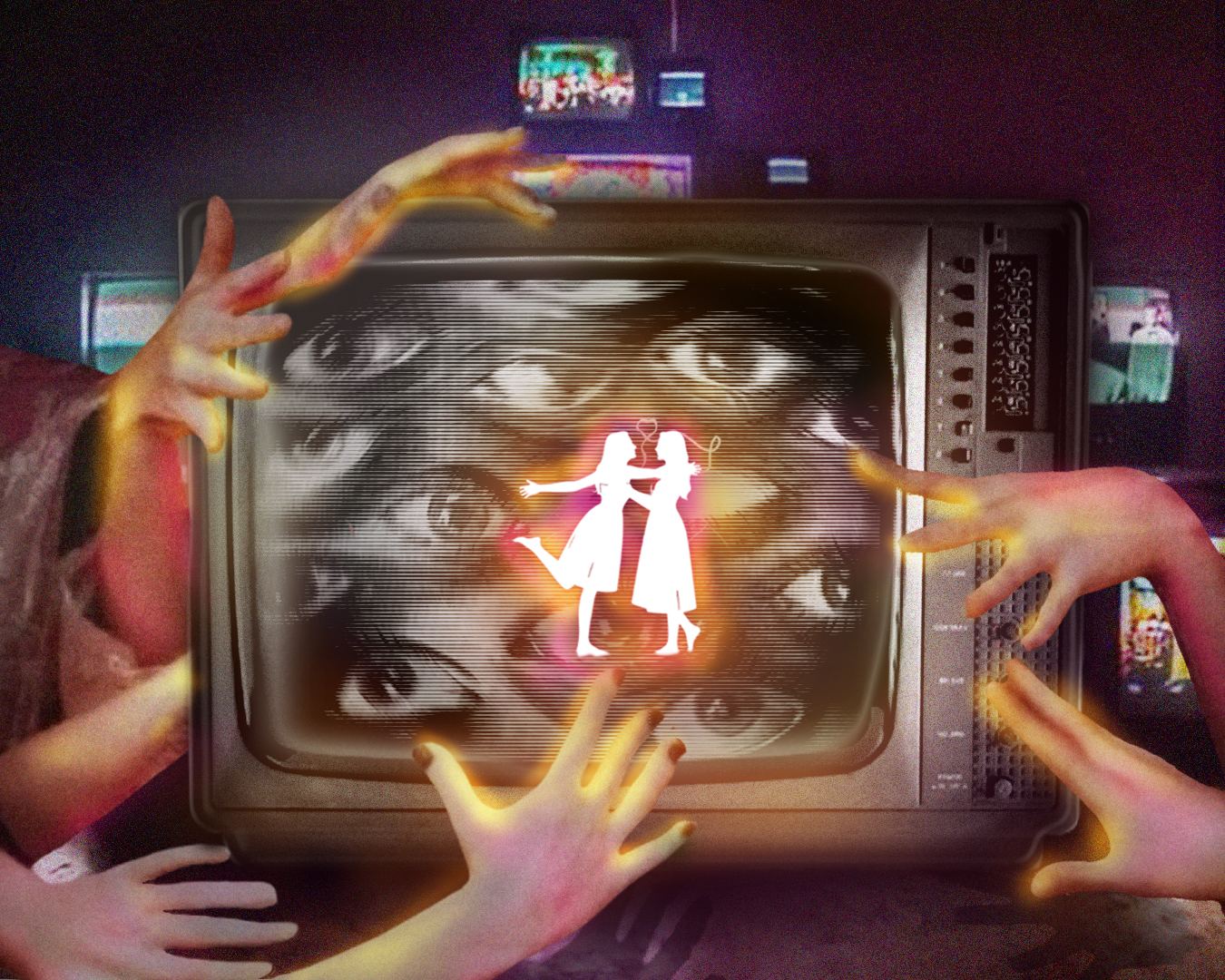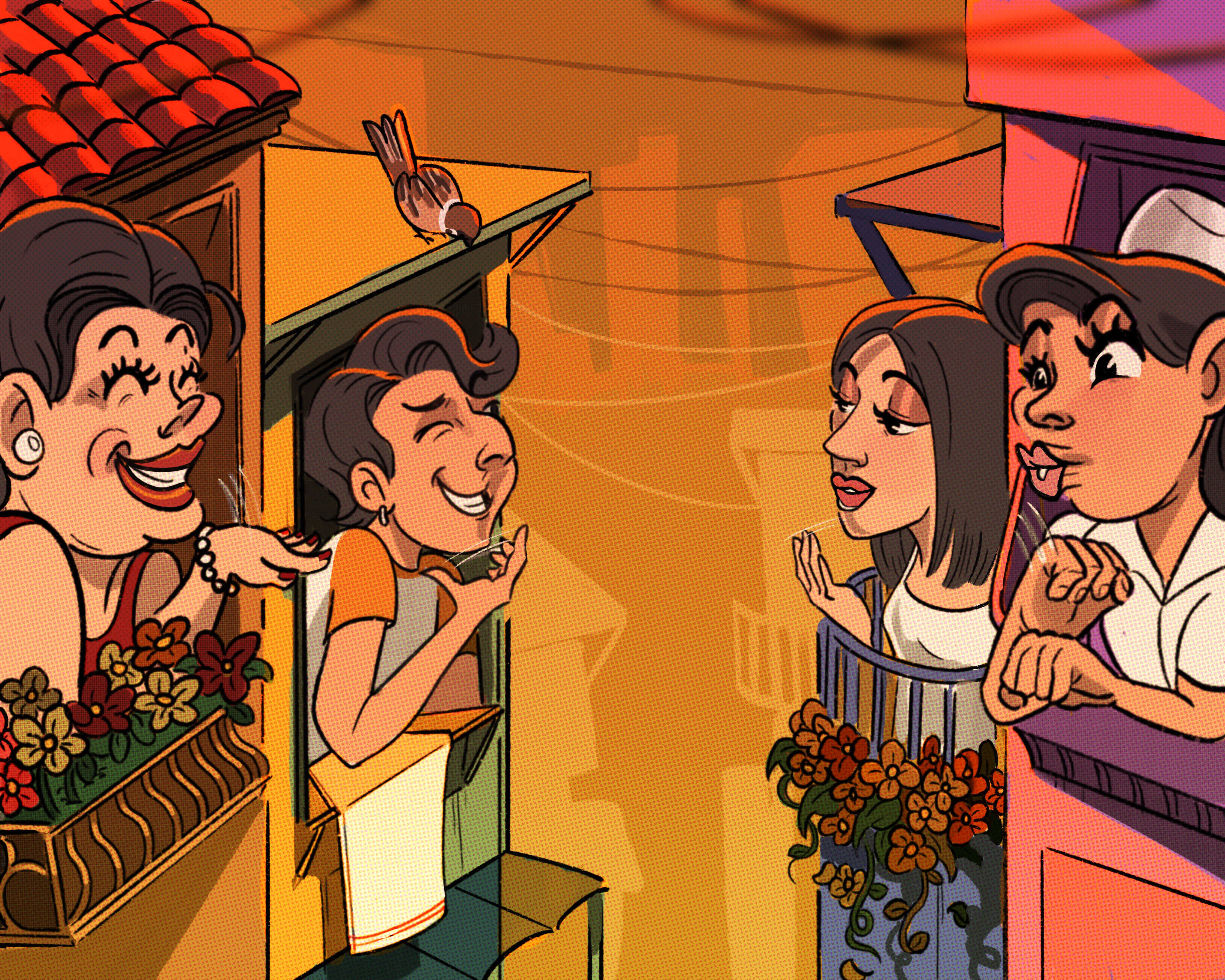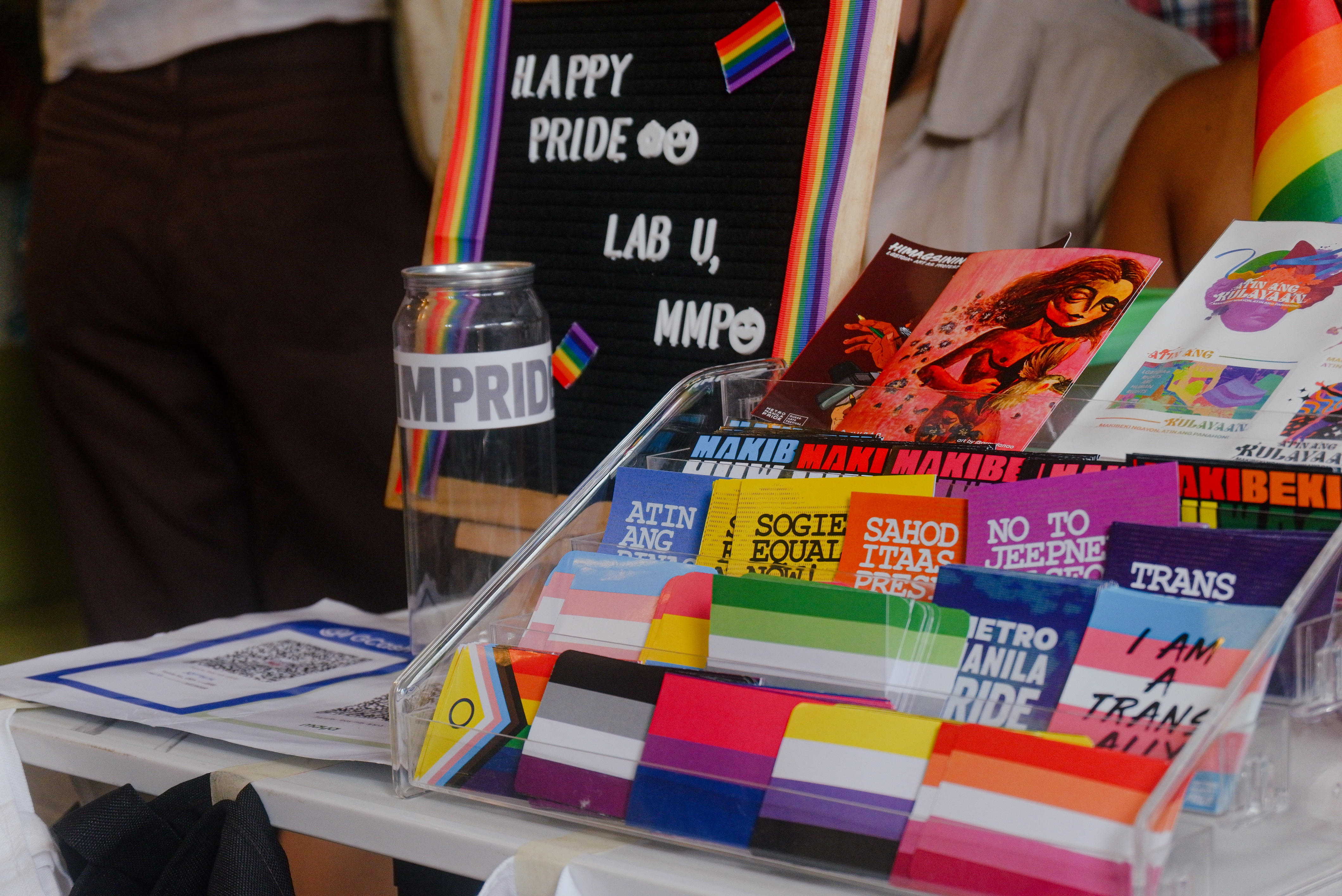By JULIAN ANUNCIACION
On February 28, the world witnessed a historic event as Pope Benedict XVI left the Renaissance grandeur of the Vatican, renouncing all his powers as pontiff.
After meeting with the cardinals, Benedict XVI, who kept his papal name even after resignation, rode a helicopter to the great halls of Castel Gandolfo, the papal summer house where he would temporarily spend his time in prayer and seclusion.
The announcement of Benedict XVI’s abdication two weeks ago shocked not only the 1.2 billion Catholic population, but also the rest of the world. And now that his seat has been vacated, all eyes are set on who is going to be next leader of one of the few remaining vestiges of a bygone era.
Sede Vacante
Citing his weakness “due to an advanced age,” Benedict XVI was the first pope to resign in 600 years. Though generally welcomed by the Catholic community, his resignation was still met with criticisms, even among his cardinals.
“People who, for example, might disagree with a future pope [might] mount a campaign to get him to resign,” Australian cardinal George Pell said in a media interview. Unlike any other position of power, papacy is equated to being God’s personification on Earth—and no one abdicates the post until one’s death.
After all, Catholic doctrine states that the founder of the Church is Jesus Christ himself. He appointed Saint Peter as the head of the Church, and started the pontifical system where all elected popes become the saint’s successor.
Electing the pope, then, follows a meticulous process, molded by centuries of practice. A conclave is held at the Sistine Chapel, attended by cardinals below 80 years old. Certain regulations may be altered, but small details such as how to fold the ballots remain the same—a clear manifestation of the Church’s obedience to traditions.
Criteria for the election of the next pope include one’s ability to govern, and having “a universal heart [for] the poor,” says Chicago Cardinal Francis George. There is no systemic method, however, in investigating the background of prospective popes. And while campaigning for the position is prohibited, an opposing party can easily leak to the media information that may weaken a prospect’s bid for papacy.
Such scenarios prove how, despite claims of being an event guided by the Holy Spirit, papal elections largely rely on subjective decisions of the electing cardinals. As Benedict XVI’s resignation seemingly paralleled the papacy to any bureaucratic position one may willingly resign from, electing the next pope also exposes the politics behind the Church’s supposedly apolitical façade.
Vicarius Christi
The next pope will perform duties ranging from conducting liturgies, appointing bishops, to spreading the divine truth stipulated in the Catholic doctrine. As head of the world’s largest religious denomination, his words will reflect the Church’s stances on matters concerning faith and morality.
The church used to strongly condemn the ideas of religious freedom and progress. Such conservative views have justified tyrannical rule in Spain and Latin American countries, and have also fueled anti-Semitism sentiments.
Leaders like Pope John XXIII, however, recognized the need for reforms in the Church’s teachings. He called for the Second Vatican Council in 1962, paving the way for progressive philosophies, including tolerance of other religions. Such deviations illustrate that despite adhering to a single doctrine, popes are entitled to their own interpretations of the canon. The standards of morality, then, depend on how one man understands the Lord’s teachings.
Yet the Church is not immune to issues that challenge their moral ascendancy. Groups like Survivors Network of those Abused by Priests have been vocal against sins committed by clergymen, like pedophilia. Allegations of corruption also marred Benedict XVI’s term.
These so-called scandals in the Vatican prove that the Catholic empire is not only run by humans prone to committing errors; the Church is also not exempt from political contradictions.
The Vatican, for instance, conducts its own income-generating activities, such as investing in banking, insurance, and real estate among others. In the Philippines, the Church is one of the top shareholders of large mining firms. Previous popes have also taken positions on political issues, sometimes acting as diplomats to settle disputes.
There are practices, however, which no pope has ever dared to openly support, such as the ordination of homosexuals, legalization of same-sex marriage, and the use of contraceptives. After the passage of the Reproductive Health Bill in the predominantly-Catholic Philippines, coupled with lesbian, gay, bisexual, and transsexual advocacies getting mainstream attention, one may wonder whether the Church still holds strong influence over its followers.
Habemus Papam
With the growing influence of other religious denominations, various analysts have posited that the Church’s power has indeed started to wane. Electing the right pope, therefore, would be a huge step—now, more than ever—in securing its popularity and influence worldwide.
Popular candidates for papacy include African American Cardinal Peter Turkson, and Filipino Luis Antonio Tagle. One of them getting elected would be relatively radical, as it would shatter the supposed Eurocentrism of the papacy. Having a non-Caucasian pope may also work in favor of the Church, especially in gaining back the support of critics of Catholic conservatism.
In 2012, Europe was the only continent that had a 0.01 percent decrease in Catholic members, according to Vatican data. Meanwhile, Africa registered a 0.21 percent increase in members, while Asia has 0.06 percent. Apparently, Catholicism is strongest in less developed nations.
Religion, in general, provides a beacon of hope to people who have nothing else but labor power and faith. It is an ideology in itself, a belief system that is unscientific yet structured. When the Spaniards arrived in the Philippines and started spreading Christianity’s wisdom, they marketed religion as a means of escape, a creed that promises a better life after death, in exchange for the suffering one experiences while living. Symbols glamorizing suffering are very much apparent in Catholicism—the crucifix, the offering of Christ’s blood, etc. These symbols have easily penetrated the psyche of the people, and have been instrumental in maintaining the Church’s dominance and the people’s resilience to social injustices such as poverty.
However, based on the words of Pope John XIII in his encyclical “Christianity and Social Progress,” the Church will always be willing to work with other religions to pursue the common good for humanity. “[Catholics must be] ready to cooperate loyally in achieving objects which are good in themselves, or can be turned to good,” wrote the former pope.
Indeed, regardless of who clinches the top Vatican post, setting religious differences aside would always work best for the development of a better world—for there are evils in society that nothing but a united collective struggle can cure. ●
Since his papacy ended on February 28, 2013, Benedict lived at the Mater Ecclesiae Monastery and undertook limited public engagements. He has been succeeded by the incumbent pontiff, the Argentinian Pope Francis. Benedict died on December 31, 2022 at the age of 95.
Published in print in the Collegian’s March 7, 2013 issue with the title “Consummatum Est.”
